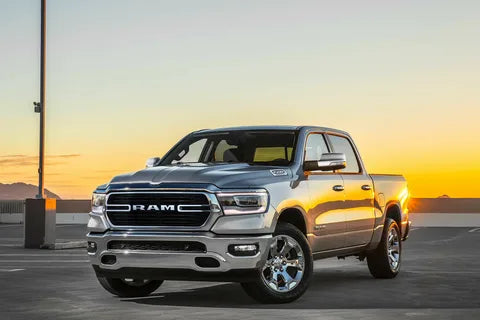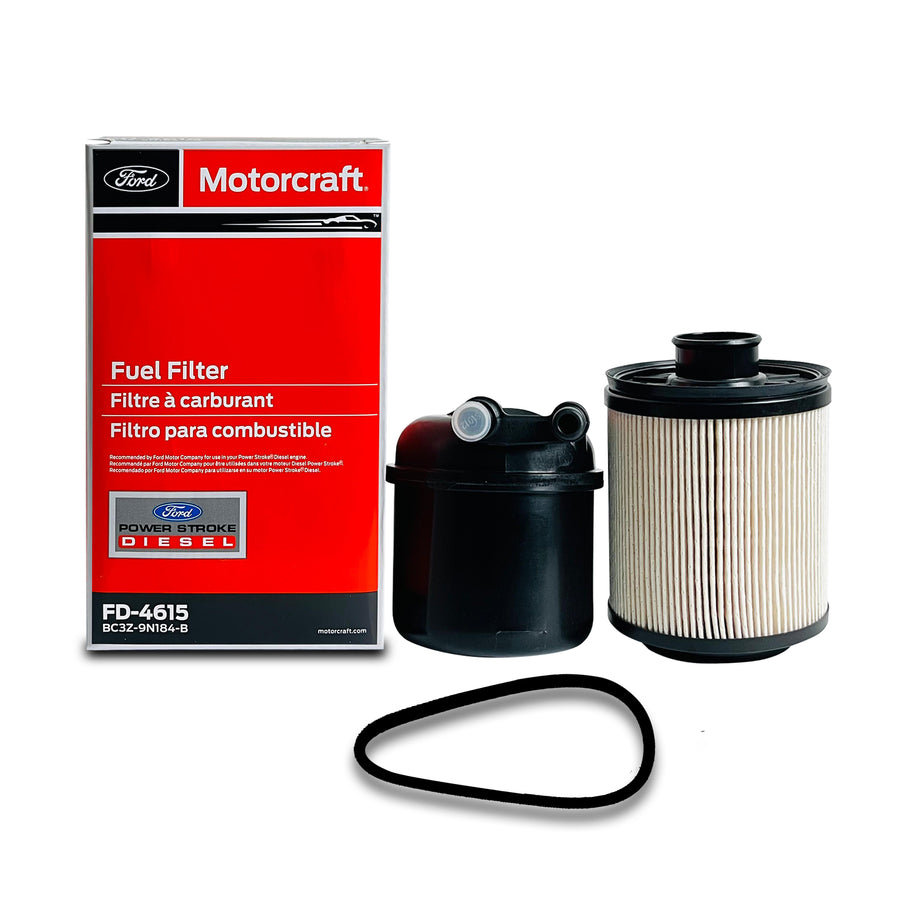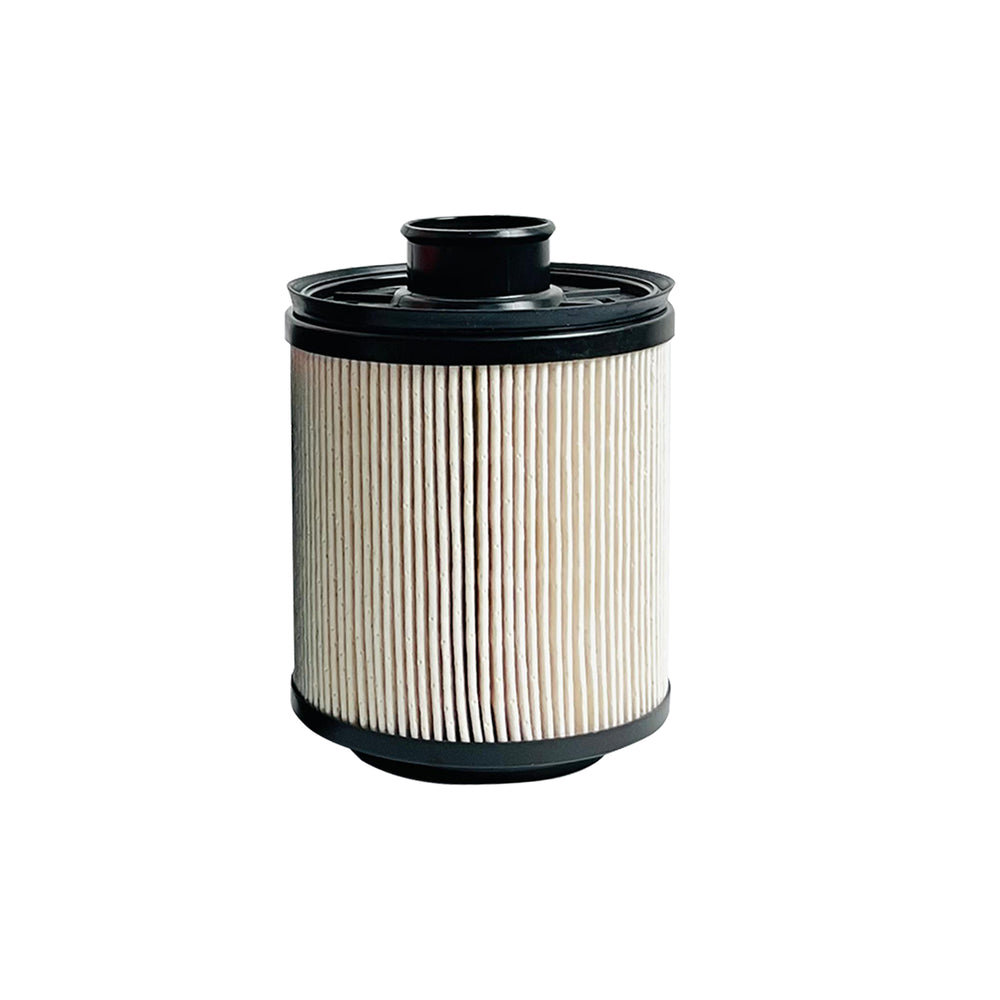What Does OEM Mean for Cars?
In the world of automobiles, you've probably come across the term "OEM" quite often. But what exactly does OEM mean for cars? It's an acronym that holds significant importance in the automotive industry. In this article, we'll delve into the meaning of OEM and explore its implications for car owners and enthusiasts.

What is OEM?
OEM stands for "Original Equipment Manufacturer." In the context of cars, OEM refers to the companies that manufacture the original parts and components used in the assembly of vehicles by automakers. These components can include everything from engines and transmissions to smaller parts like filters, sensors, and electrical components.
Key Aspects of OEM for Cars
Understanding the concept of OEM in the automotive world is essential for several reasons:
-
Quality Assurance: OEM parts are engineered and produced to meet the exact specifications and quality standards set by the automaker. These parts undergo stringent testing processes to ensure they fit seamlessly and perform optimally within the intended vehicle.
-
Compatibility: OEM parts are designed to work flawlessly with specific car makes and models. This high level of compatibility minimizes the risk of fitment issues or performance disparities that can occasionally arise when using aftermarket alternatives.
-
Reliability: Given that OEM parts are created by the same companies that manufactured your vehicle, they are regarded as highly reliable. They are trusted to maintain the original performance and safety standards of your car.
-
Warranty Considerations: Many automakers offer warranties on their vehicles, and some of these warranties may require the use of OEM parts for repairs and maintenance. Opting for non-OEM parts in such cases could potentially void these warranties.
Where to Find OEM Parts
OEM parts are typically available through authorized dealerships and official suppliers. You can purchase them directly from the automaker or from authorized retailers like BUY4LESS. These parts often come in packaging adorned with the automaker's branding, making them easily distinguishable.
OEM vs. Aftermarket: What's the Difference?
While OEM parts boast numerous advantages, it's important to acknowledge that they often come with a higher price tag compared to aftermarket alternatives. Aftermarket parts, by contrast, are produced by third-party manufacturers and can vary widely in terms of quality and price. Choosing between OEM and aftermarket parts usually boils down to your budget, specific needs, and whether your vehicle is still under warranty.

Advantages of OEM Parts:
-
Quality Assurance: OEM parts are synonymous with quality and reliability, backed by the automaker's stringent standards.
-
Perfect Fit: They are designed to fit your vehicle perfectly, minimizing the chances of compatibility issues.
-
Warranty Compatibility: OEM parts are often a requirement for maintaining warranty coverage.
Advantages of Aftermarket Parts:
-
Affordability: Aftermarket parts are typically more budget-friendly, making them an attractive option for cost-conscious consumers.
-
Variety: Aftermarket parts offer a broader range of customization and performance options for those looking to modify their vehicles.
-
Availability: They are widely available from various sources, including independent auto parts stores and online retailers.
In conclusion, OEM, or Original Equipment Manufacturer, is a term that refers to companies responsible for producing the original parts and components used in the assembly of cars by automakers. These parts are known for their quality, compatibility, and reliability. Understanding the significance of OEM empowers car owners to make informed decisions when it comes to vehicle maintenance and repairs. Whether you opt for OEM or aftermarket parts, having knowledge of your options allows you to make the best choices for your car and your budget.





